With the desire to support workers in accessing housing that can meet basic living amenities, on the morning of September 24, Kinh te va Do thi Newspaper in collaboration with ActionAid International in Vietnam (AAV) and the Vietnam Social Security Program and Project Support Fund (AFV) organized a seminar "Ensuring safe housing for workers - From practice to policy".
New workers ' housing only meets 30% of demand
According to the Vietnam General Confederation of Labor, social housing only meets nearly 30% of workers' needs. Currently, there are about 3.78 million workers working directly in industrial parks and export processing zones, of which about 1.8 million workers have housing needs.

Overview of the discussion (Photo: Gia Doan).
Not only in the inner city but also in many villages more than 30km from the center of Hanoi, mini apartments are also springing up like mushrooms to provide accommodation for students and workers.
Sharing at the discussion, Ms. Bui Thi An, former member of the 13th National Assembly, assessed that the proliferation of mini apartments in big cities such as Hanoi, Ho Chi Minh City and many other industrial parks is understandable.
"The law of the market is 'where there is demand, there is supply', especially the demand of poor workers coming to big cities to work and live is increasing day by day," said Ms. An.
Explaining the reason for the development of mini apartment complexes and rental housing in the suburbs, Ms. An said that this is an area with industrial parks, where many workers and students come to rent or buy to live.
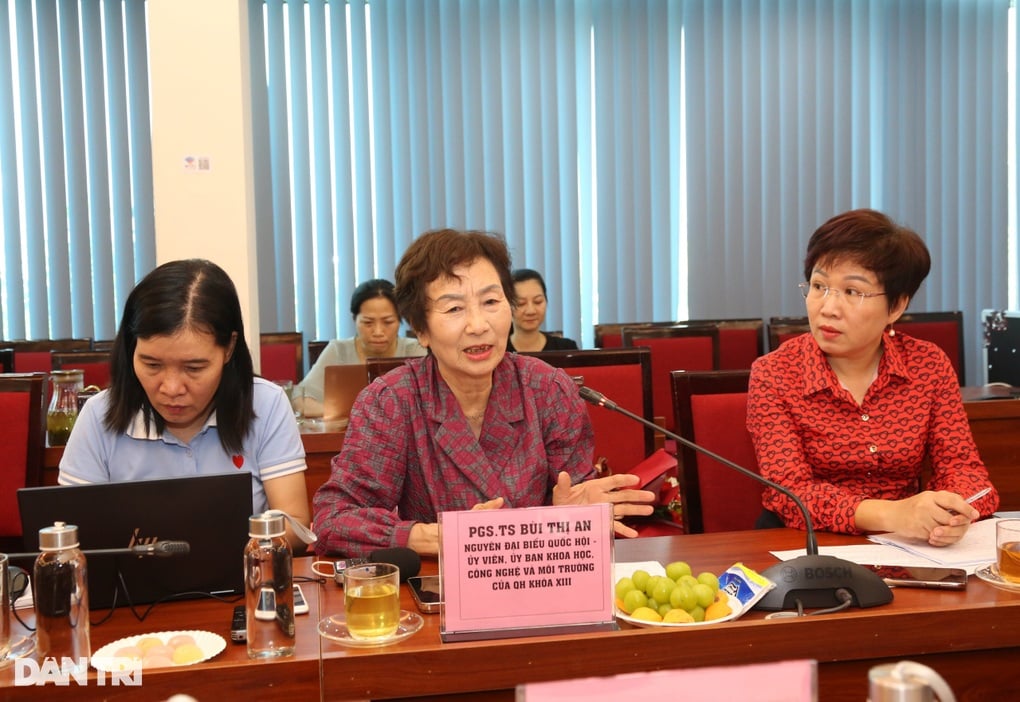
Ms. An (middle) said that the mushrooming of mini apartments is understandable as the demand of poor workers coming to big cities to work and live is increasing (Photo: Gia Doan).
In addition, the cost to buy or rent a house in the inner city area will be many times more expensive than in the suburbs.
"In addition to the price issue, sometimes, buyers and sellers can easily "circumvent the law" when choosing to live in suburban areas. Housing is not simply a place to live but also a place to "settle down", meaning a stable, safe, and peaceful place to live," Ms. An frankly commented.
Ms. An added that due to the lack of housing near industrial parks, workers and laborers have to find and buy apartments that do not ensure safe living conditions; there are many potential risks of fire and explosion, affecting social security.
"Worker housing cannot remain dilapidated forever"
That is the opinion of Mr. Nguyen Thanh Dang, General Director of N&G Group Joint Stock Company when referring to the issue of building accommodation for workers.
"This is a very practical issue, meeting the urgent needs of workers today. Housing for workers must be improved in quality, it cannot remain dilapidated forever.
Workers are the force that creates products for society, so we must also create an environment and housing that ensures a living environment for workers," said Mr. Dang.

According to Mr. Dang, building accommodation for workers will meet the urgent needs of workers (Photo: Gia Doan).
Mr. Nguyen Manh Ha - Permanent Vice President of Vietnam Real Estate Association - affirmed: "As well as investing in the construction of apartment buildings and boarding houses for people, meeting the housing needs of these subjects is also legal and encouraged," said Mr. Ha.
According to the Standing Vice President of the Vietnam Real Estate Association, currently 70% of workers working in industrial zones live in self-built boarding houses. Meanwhile, the State does not have enough resources to invest in building social housing, while large enterprises focus on building large projects and luxury apartments.
The problem is how the State should manage so that small-scale apartment buildings and boarding houses are built and managed according to planning, structurally safe, and especially fire safety during use.

Mr. Nguyen Manh Ha, Permanent Vice President of Vietnam Real Estate Association (Photo: Gia Doan).
This includes strengthening management from the construction licensing stage, during the construction process to operational management. If planning is well managed, the consequences of fire and explosion will be limited.
For small-scale apartment buildings and boarding houses, households must register their business, pay taxes and ensure fire safety.
"Management should be assigned to the ward and district, and revenue should be generated from these projects to serve management work. If we manage well, we will overcome the risks of fire and explosion," Mr. Ha stated his opinion.
Source link


![[Photo] Closing of the 4th Summit of the Partnership for Green Growth and the Global Goals](https://vstatic.vietnam.vn/vietnam/resource/IMAGE/2025/4/17/c0a0df9852c84e58be0a8b939189c85a)

![[Photo] National Assembly Chairman Tran Thanh Man meets with outstanding workers in the oil and gas industry](https://vstatic.vietnam.vn/vietnam/resource/IMAGE/2025/4/17/1d0de4026b75434ab34279624db7ee4a)
![[Photo] The beauty of Ho Chi Minh City - a modern "super city" after 50 years of liberation](https://vstatic.vietnam.vn/vietnam/resource/IMAGE/2025/4/18/81f27acd8889496990ec53efad1c5399)
![[Photo] General Secretary To Lam receives CEO of Warburg Pincus Investment Fund (USA)](https://vstatic.vietnam.vn/vietnam/resource/IMAGE/2025/4/18/7cf9375299164ea1a7ee9dcb4b04166a)
![[Photo] Nhan Dan Newspaper announces the project "Love Vietnam so much"](https://vstatic.vietnam.vn/vietnam/resource/IMAGE/2025/4/17/362f882012d3432783fc92fab1b3e980)
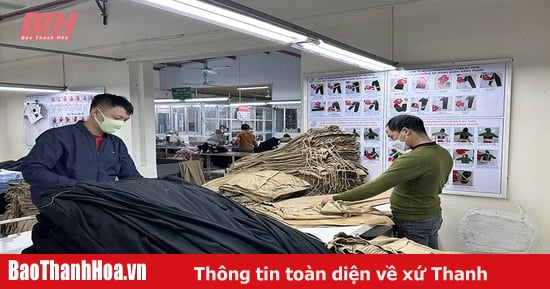




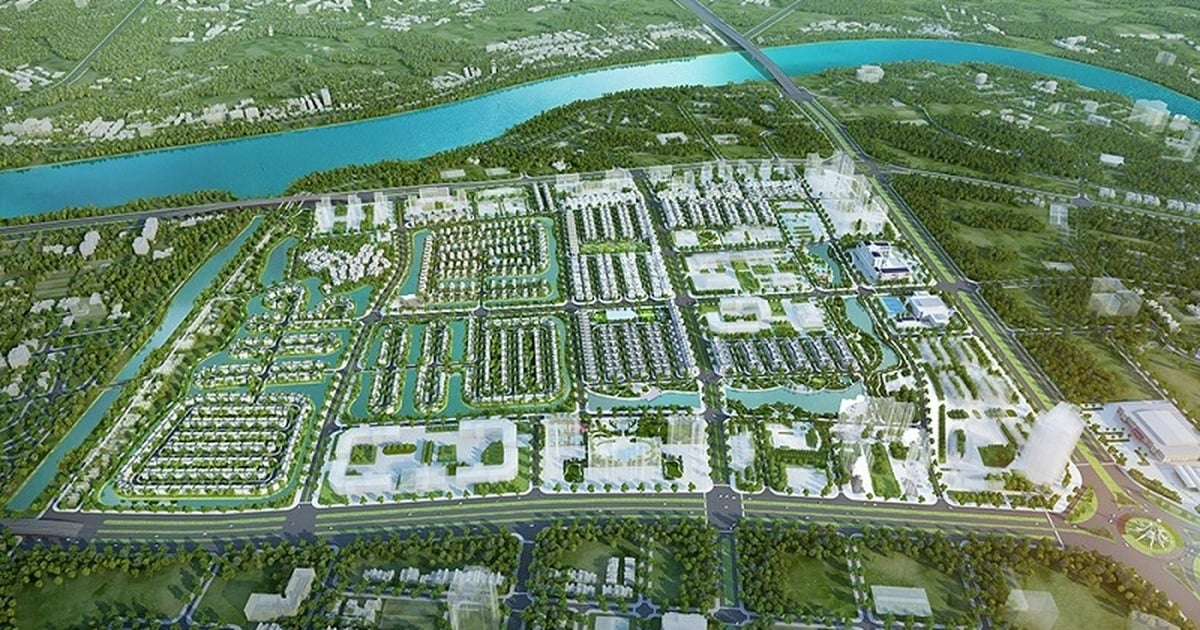
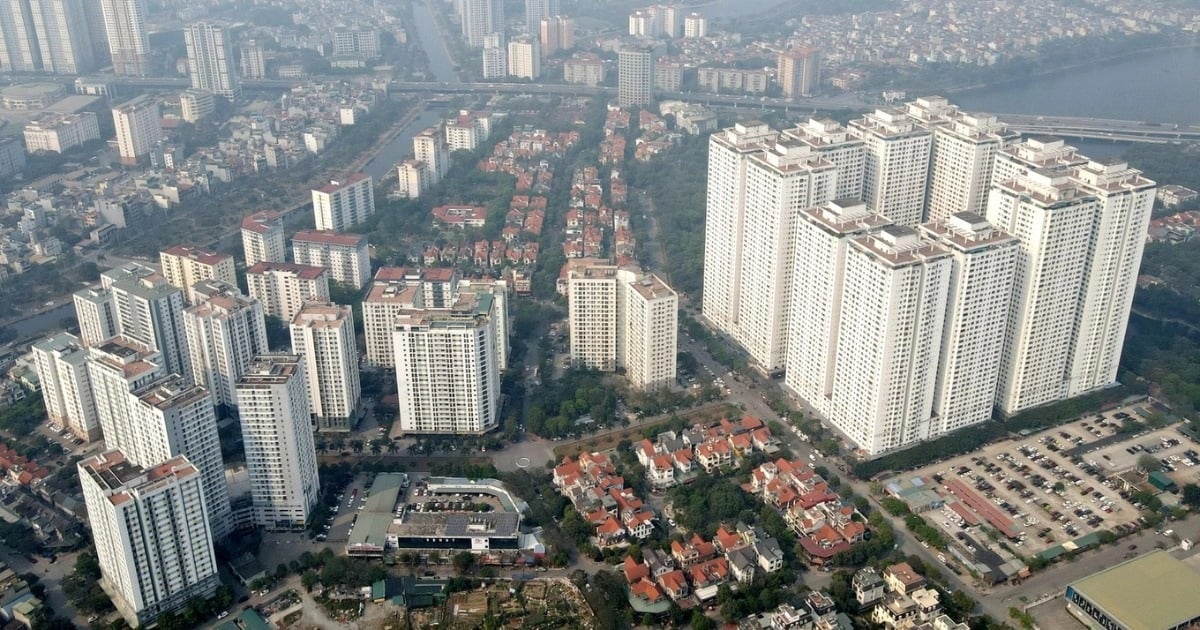
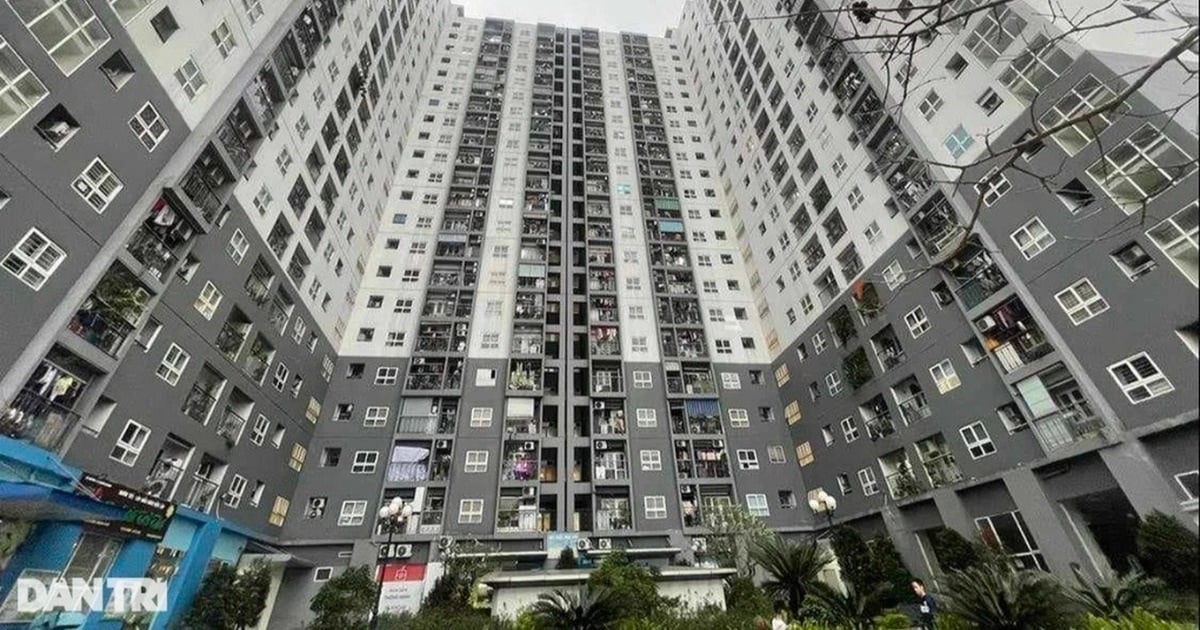



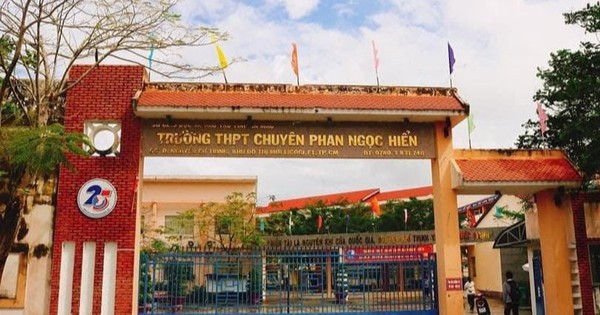











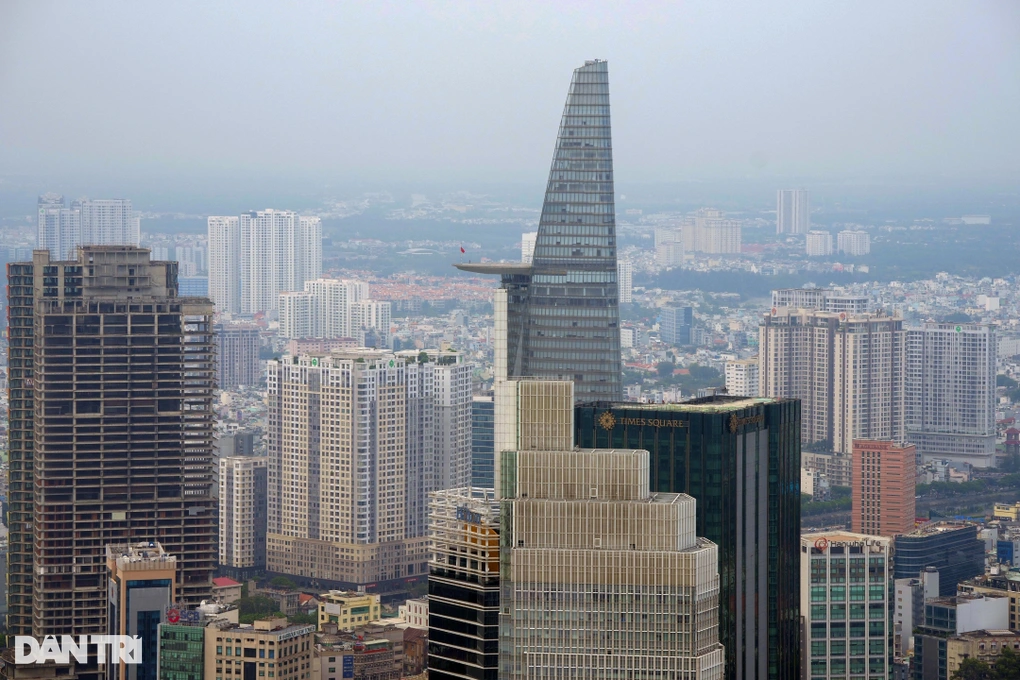
![[Photo] Promoting friendship, solidarity and cooperation between the armies and people of the two countries](https://vstatic.vietnam.vn/vietnam/resource/IMAGE/2025/4/17/0c4d087864f14092aed77252590b6bae)








































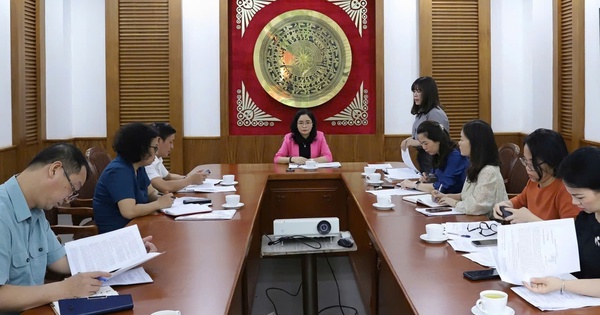

























Comment (0)